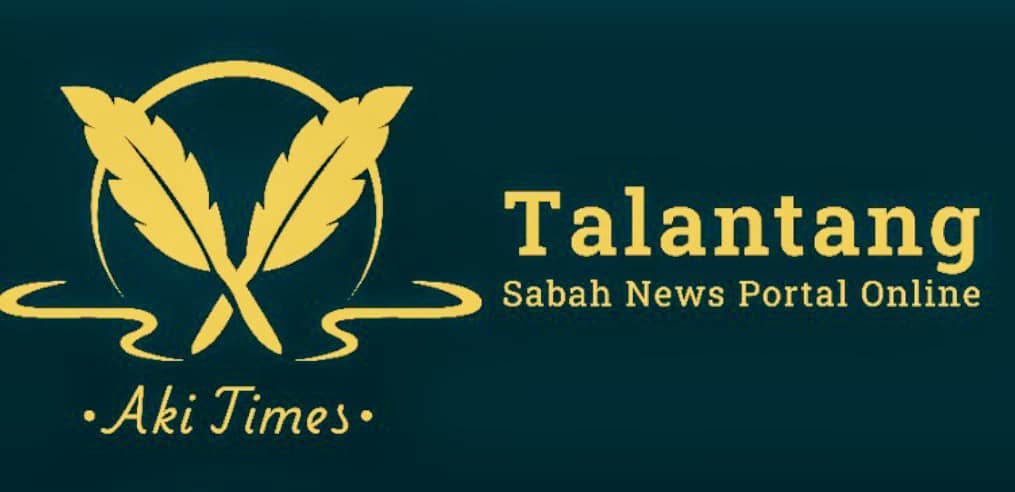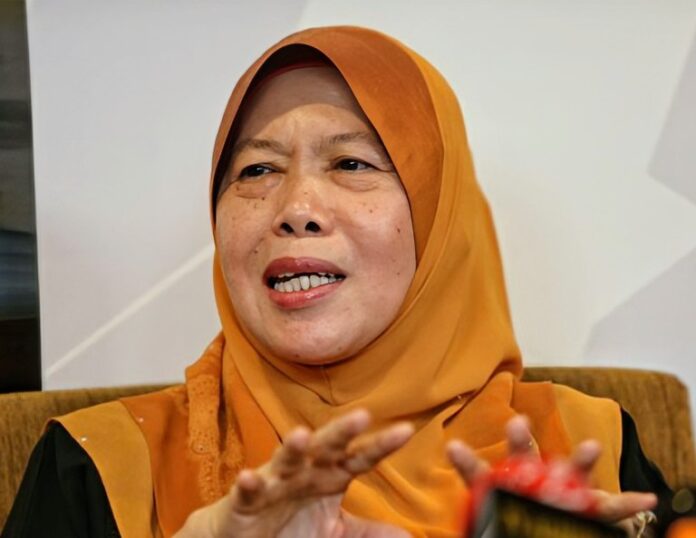Azizah…IDS Sabah, with its 46 researchers, bears the responsibility of not only improving the lives of those in these districts but also contributing to the overall well-being of Sabah’s population.
KOTA KINABALU : – The Institute for Development Studies (IDS) Sabah will prioritise research on the State’s eight poorest districts in 2024, according to its chairwoman, Datuk Seri Azizah Mohd Dun.
In her New Year’s address, here on Saturday, Azizah emphasised the need for comprehensive studies to pinpoint the root causes of poverty in Tongod, Beluran, Pitas, Kinabatangan, Kota Marudu, Tuaran, Ranau, and Lahad Datu.
These studies, she stressed, must lead to practical solutions to uplift these communities.
Azizah highlighted the urgency of the situation, stating that IDS Sabah, with its 46 researchers, bears the responsibility of not only improving the lives of those in these districts but also contributing to the overall well-being of Sabah’s population.
The institute aims to deliver impactful research and implement immediate solutions to help these districts escape their impoverished status.
IDS Sabah’s planned initiatives across these districts include:
Ranau: A statewide bird watching market study, experimental development research (EDR) on local products, and a Sabah social entrepreneurship action framework study for 2030.
Kota Marudu: Development of a sustainable framework for the Kinabalu Geopark, focusing on economic benefits for the local community.
Tuaran: A strategic district economic development plan (2024-2035), an action framework for socioeconomic transformation in the Sulaman state constituency, and a culturalisation plan for the fishing community in Kampung Penimbawan.
Lahad Datu: Studies on oil palm biomass potential, the socioeconomics of the Subpan ethnic community, and a community-based tourism workshop involving the Subpan and Dusun Sagamo ethnic groups.
Additionally, IDS Sabah is working on District Development Plans for all eight districts.
Azizah expressed confidence that the institute’s research will significantly impact the Sabah state government and its people, ultimately boosting the state’s economy through increased individual incomes.

